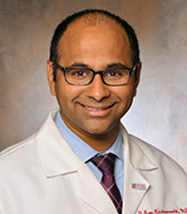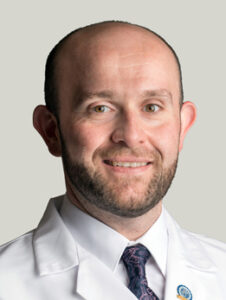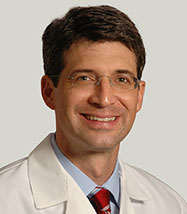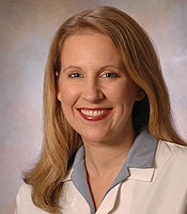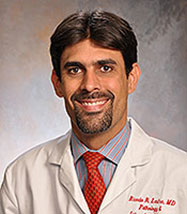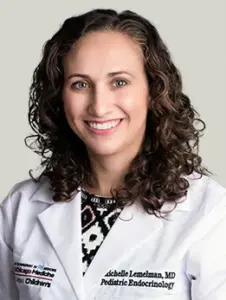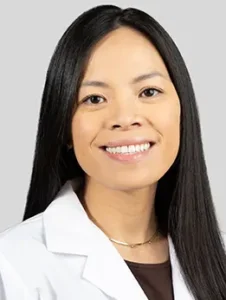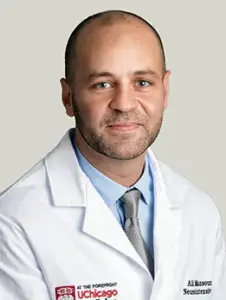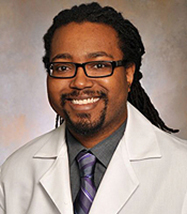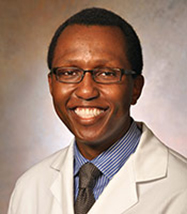
David Kiragu, MD
2014–2015 ASSOCIATE JUNIOR FACULTY SCHOLAR – ALUMNI
Department of Medicine
Bio
Dr. Kiragu is an Assistant Professor of Medicine in the Section of General Internal Medicine. He received his medical training at Northwestern University and was a medicine resident and chief resident at The University of Chicago at NorthShore. He provides comprehensive primary care to adults and is passionate about preventive health. He currently sits on the committee of the Kidney Transplant Program and provides both evaluation and care for the transplant candidates. He is also interested in systems improvements by identifying factors predictive of poor outcomes among kidney transplant patients. Dr. Kiragu is also involved in training medicine residents and medical students.
In 2015, Dr. Kiragu joined Wilson Medical Group in Wilson, NC.

